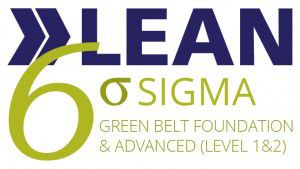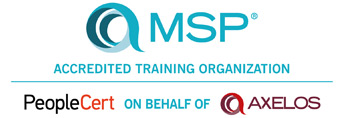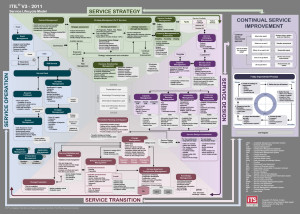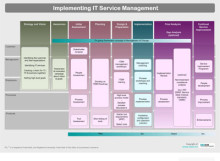
Six Sigma education and certification
Six Sigma is a business management strategy designed to reduce defects and deviation. The principles mainly apply to manufacturing processes, although some would argue that the principles of Six Sigma can be applied in any workplace.
Defects refer to things like wrong orders at fast food restaurants, scratches on a car finish, or products that are faulty.
Deviations refers to undesirable variation around a target value for any aspect of a product – so for example, if a part is too big, too small, too light, too heavy, too light, too dark – these are deviations.
The aim of Six Sigma is to bring your production to the benchmark of no more than 3.4 defects per million parts. The data driven approach of Six Sigma is reliable, tested and proven over many decades.
Through the use of data collection and statistical tools such as pareto charts, histograms, and fishbones, Six Sigma allows you to get a handle on the amounts of defects and deviations in your current processes.
It then gives you ways to dig through the data, find the root causes, and improve processes so that these values improve in turn.
Key features of Lean Six Sigma include:
- Improvement in Customer Satisfaction, Employee Motivation & Satisfaction
- Improved business processes
- Day-to-day operations simplified
- Frees up Management time to focus on those activities that make a ‘real difference’
- Improvement in Market Share and Business Results
The net effect of applying Six Sigma is to increase quality, and reduce running costs due to, for example, waste and rework.





